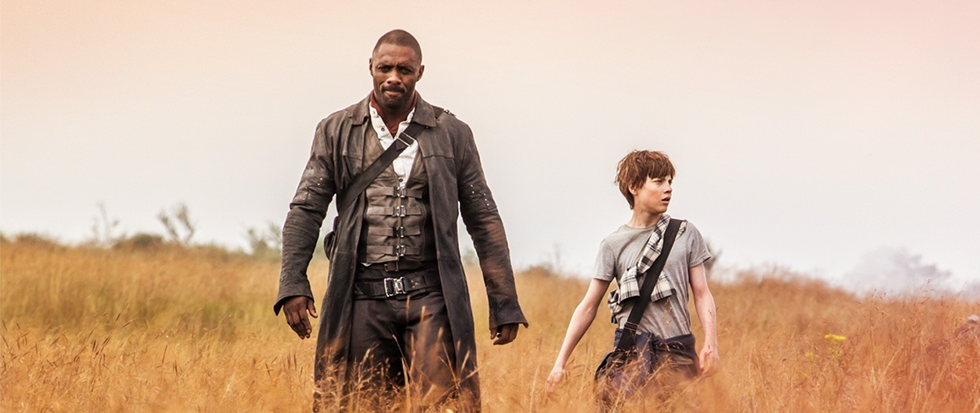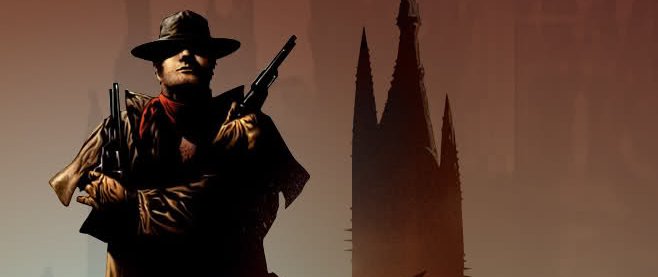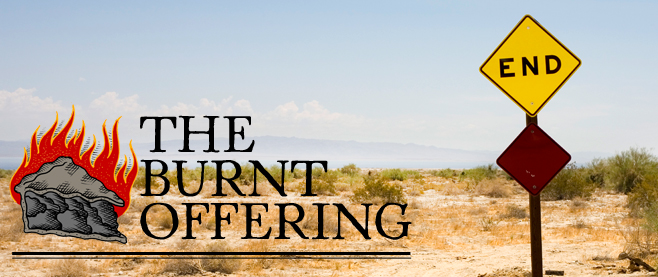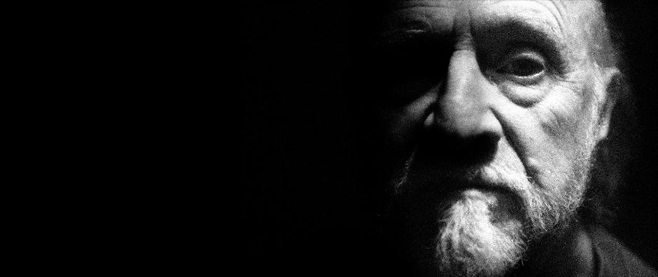
The Dark Tower and the Razor’s Edge of Mediocrity
The Dark Tower does something few other films are able to accomplish, it’s a perfectly “alright” film. It sits comfortably on the razor’s edge of mediocrity, unable to muster the courage to make a decision, artistic or otherwise, good or bad, to define itself as a film. A world in which it did not exist would be no different than our current world, where it exists.
But our world also has the benefit of what people tell me is Stephen King’s original novel series, which I haven’t read. The Dark Tower books have always seemed too dense, too much, too big for me to tackle. Having not read them, I honestly couldn’t tell that this movie was supposed to be based on them. It’s so perfectly mediocre it’s impossible to discern that there was a source material.
What’s interesting is that The Dark Tower feels like a refusal to care about anything, source material or otherwise. It’s just watchable enough, the lines are just delivered well enough, and the action is just competent enough. It’d be yawn inducing if it wasn’t paced the way it is, which is to say, just well enough. This refusal to give a damn about being an actual good film has be perplexed, even the most journeymen of directors have stumbled upon a decent, highly watchable film by cutting close to the source material, just ask Zack Snyder, he’s done it. Twice.

For years I defended Pacific Rim. It’s a fun movie with some strong emotional tones that with giant robots that fight giant monsters. It’s reasonably well acted, the effects are good, and Ramin Djawadi’s soundtrack keeps everything moving forward. It’s well made and makes significant efforts to look like something or at least to attract an audience.
I stopped defending it when I finished Neon Genesis Evangelion. In its shadow, Pacific Rim is a poor copy of a thought provoking and difficult work. Pacific Rim softens up the edges but it at least has an agenda of its own. It’s clear where Del Toro made decisions to adhere and where he made decisions to diverge. Ultimately what emerged was a family friendly, sanitized version which ends up being mostly okay.
The reason I bring this up is because The Dark Tower’s perfect balance of mediocrity is only possible because I’ve not fully engaged with the book. I legitimately really liked Pacific Rim. I even really liked Watchmen and 300…until I got more involved and cared about the work behind the work.
As we increasingly live in a time where every major film release is some kind of adaptation or remake, filmmakers increasingly leave themselves vulnerable to this line of question. With some exceptions, the toughest, most scathing reviews have all had some level of acknowledgement that there are books, that they’re good, and that this film pales in comparison to them. Adapting a book gives you a built in fanbase but the most ardent fans will also be the harshest, let alone fans who also have an interest in film.
Worse still is the sense that I’ve not gotten the full story. In a vacuum, The Dark Tower is a mostly alright film with a fair amount of fantasy bullshit. Psychics “shine,” people are called “Gunslinger” and others gasp, a ruined carnival sits as a relic from long ago, and characters toss around intriguing one-liners as if to nod towards a deeper world.
Of course, I am. There’s over 4,000 pages that I’m missing. Even the extended editions of The Lord of the Rings trilogy cuts and rearranges massive portions of the book, mainly for pacing and coherence. The reason that The Dark Tower can only wink and nod at a larger, massive universe is because it makes no attempt to contextualize itself and refuses to streamline at the same time.

The reverse of this is something like Warcraft, a movie which is completely awful in every phrase. If The Dark Tower is evidence that not all fence sitting films are totally bad, Warcraft is proof of how deep the depths of fence sitting go. Warcraft isn’t afraid to flaunt its fantasy bullshit while simultaneously retconning events left and right. What remains is a film that simultaneously alienates longtime fans and newcomers a like.
The saddest part of The Dark Tower is that there is probably a really good film lurking somewhere around a corner. At times, the editing makes little sense, the scenes are too dark, and several characters are totally undeveloped. But The Dark Tower also has two great leads, a deep, well-crafted lore, and one of the sickest, cruelest burns any character has ever suffered. It almost feels as though if the creative time clapped their hands together and made a decision, any decision they’d at least have made a movie that was either actually good or bad. Instead, it’s a milquetoast blockbuster, an unenviable position.





